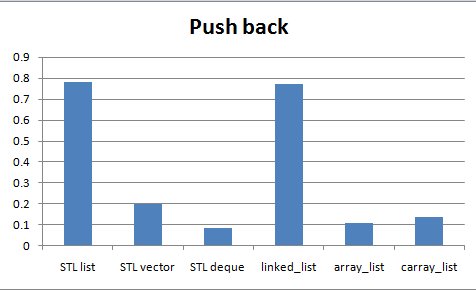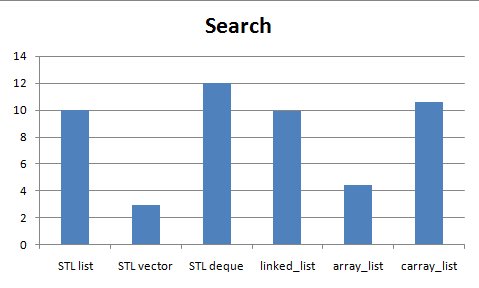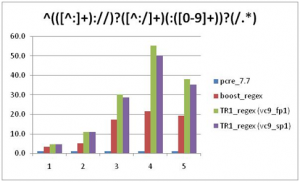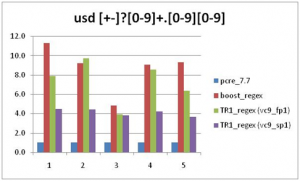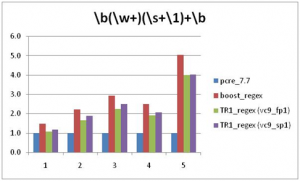There is a well known C++ BKM for preferring pre-increment (++i) over post-increment (i++). The rationale is that when post-incrementing and object, the object must increment itself and then return a temporary containing its old value. While this makes perfect sense for complex types (e.g. STL iterators) I’ve always wondered if it holds true for built-in types such as int. Let’s find out.
First let’s create a trivial example to examine:
#include <iostream>
using namespace std;
int main()
{
// post-imcrement
for(int i=0; i<10; i++)
{
cout << "[" << i << "]" << endl;
}
// pre-imcrement
for(int i=0; i<10; ++i)
{
cout << "[" << i << "]" << endl;
}
return 0;
}
Now using the Visual Studio 2008 C++ compiler, let’s take a look at the generated assembly code. First let’s keep things simple and disable compiler optimizations (/Od):
// post-imcrement
for(int i=0; i<10; i++)
004114D3 mov dword ptr [i],0
004114D5 jmp main+30h (4114E0h)
004114D7 mov eax,dword ptr [i]
004114DA add eax,1
004114DD mov dword ptr [i],eax
004114E0 cmp dword ptr [i],0Ah
004114E4 jge main+86h (411536h)
{
<... snip ...>
// pre-imcrement
for(int i=0; i<10; ++i)
00411536 mov dword ptr [i],0
0041153D jmp main+98h (411548h)
0041153F mov eax,dword ptr [i]
00411542 add eax,1
00411545 mov dword ptr [i],eax
00411548 cmp dword ptr [i],0Ah
0041154C jge main+0EEh (41159Eh)
{
The relevant parts of the assembly code are highlighted. As you can see, there is no difference between the generated code for post-increment and pre-increment.
Now, with compiler optimizations enabled (\O2) and the relevant parts highlighted:
// post-imcrement
for(int i=0; i<10; i++)
00401008 xor esi,esi
0040100A lea ebx,[ebx]
{
<... snip ...>
0040104A inc esi
0040104B cmp esi,0Ah
0040104E jl main+10h (401010h)
}
// pre-imcrement
for(int i=0; i<10; ++i)
00401050 xor esi,esi
{
<... snip ...>
0040108C inc esi
0040108D cmp esi,0Ah
00401090 jl main+52h (401052h)
}
Again there is no difference in the generated assembly between post-increment and pre-increment.
So, based on this quick experiment, there is no difference between pre-increment and post-increment for int types when using the Visual Studio 2008 C++ compiler with optimizations enabled or disabled.
Note that this doesn’t change the BKM to prefer pre-increments over post-increments when using integer types. The above experiment was only conducted with a single compiler – other compilers may behave differently and so it is best to err on the side of caution and use pre-increments where possible. Also, the use of pre-increment adds some future proofing – if the type of the variable being incremented changed to a more complex type then pre-increment then becomes the optimal choice.

